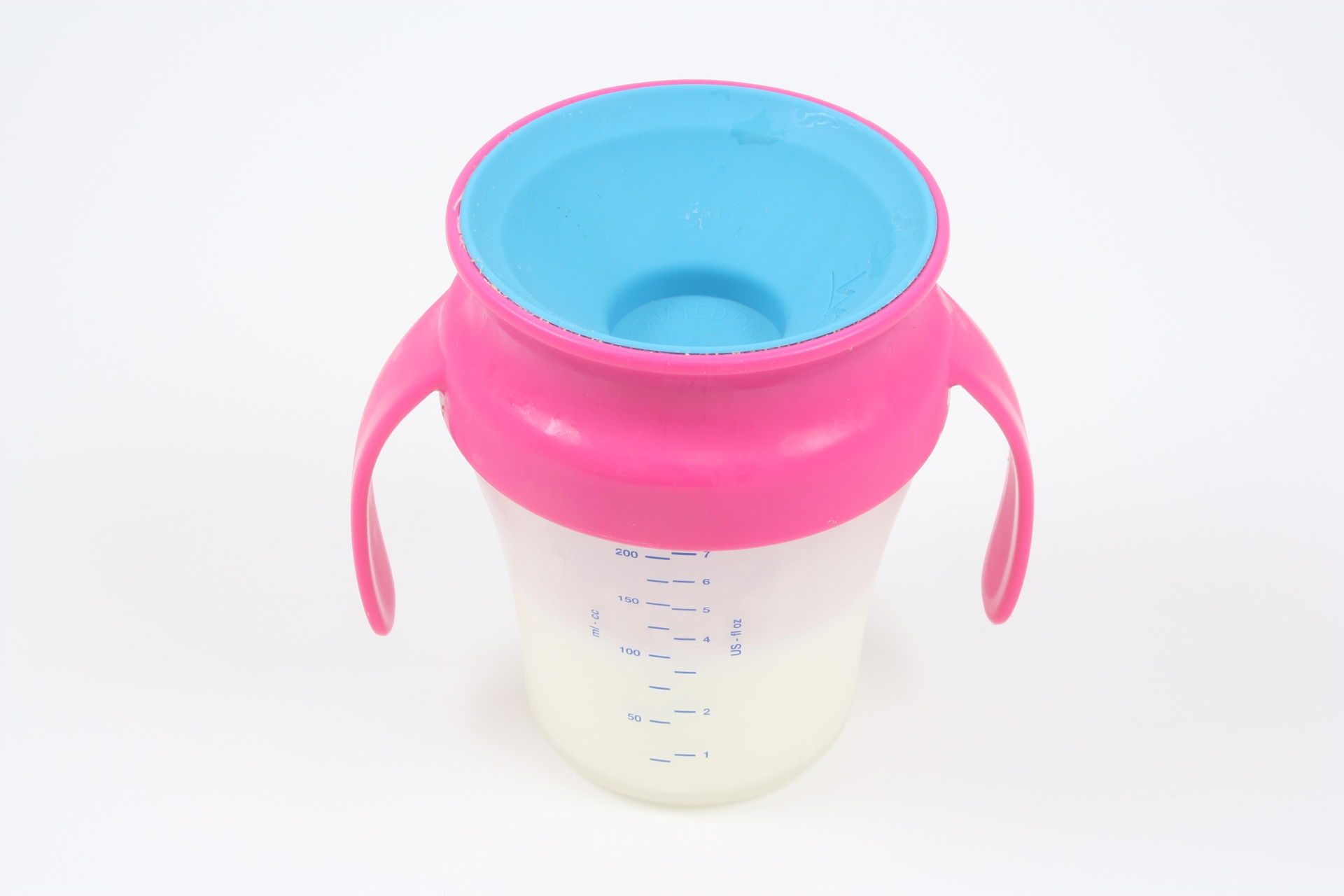Recently the Olive Garden restaurant unveiled an unlikely sampling initiative that PR agency folk will find either cool or cringe-worthy. The often-maligned (but also beloved) Olive Garden sent a food truck into Boston’s North End – a neighborhood synonymous with authentic Italian cuisine.
The Boston stop was the latest one in a sampling and PR campaign to celebrate the launch of the chain’s new Signature Breadstick Sandwiches. For sheer audacity, as well as some surprisingly favorable – or at least, fair – publicity coverage in places you might not otherwise hear about an Olive Garden, we’re giving this a thumbs-up.
But there’s no doubt that the initiative was as bold as a spicy marinara. When might a move that’s sure to tempt critics or competitors actually be appropriate? Here are some lessons for determining whether such a calculated PR risk is in your future.
Know your audience. The last time the Olive Garden garnered positive press with the charmingly viral Grand Forks Herald restaurant review, the haters hated, but Olive Garden fans stood loyally by their breadsticks. An avid North End restaurant-goer may not be its core customer, but there are plenty within of the Northeast media. It all goes to show: if your core audience is unshakable, don’t be afraid to shake up things in the press.
Test the waters. Any successful PR team has media contacts and other experts by whom they could run a bold idea. Soft soundings (or tastings) can help determine what kind of interest there would be and how many different ways a story might play out. Testing these outcomes helps you plan for contingencies as well as hone the story ahead of time.
Consider contingencies. When selling the audacious idea, plan for any possible outcome so all parties are prepared and any finger-pointing can be kept to a minimum. A plan “B” and “C” are also worth considering. On the ground, contingencies include planting audience “ringers” to ensure a robust crowd (and a few positive reviews), and lining up a friendly media contact for first crack at the story.
“Free” trumps all (or most.) When you can supply your audience with free food, the gesture alone usually engenders a positive reaction. Free samples have a strong proven track record. Just ask Costco.
Have fun with it. The Olive Garden seems to have adopted a (calculated?) lassez-faire attitude about criticism of their offering, conducting very “in-your-face” food demos on sacred ground for traditional Italian foodies and laughing along with the crowd. We think it’s much easier to be favorably inclined to a group that’s having fun rather than treating the whole experience like a traditional boring press conference. And we all know social media favors the fun.
Learn and adapt. As with many PR events, it is often wise to sell in a bold idea as a pilot. This way, the team learns what works and what can be improved as they prepare to roll out nationally or regionally.

